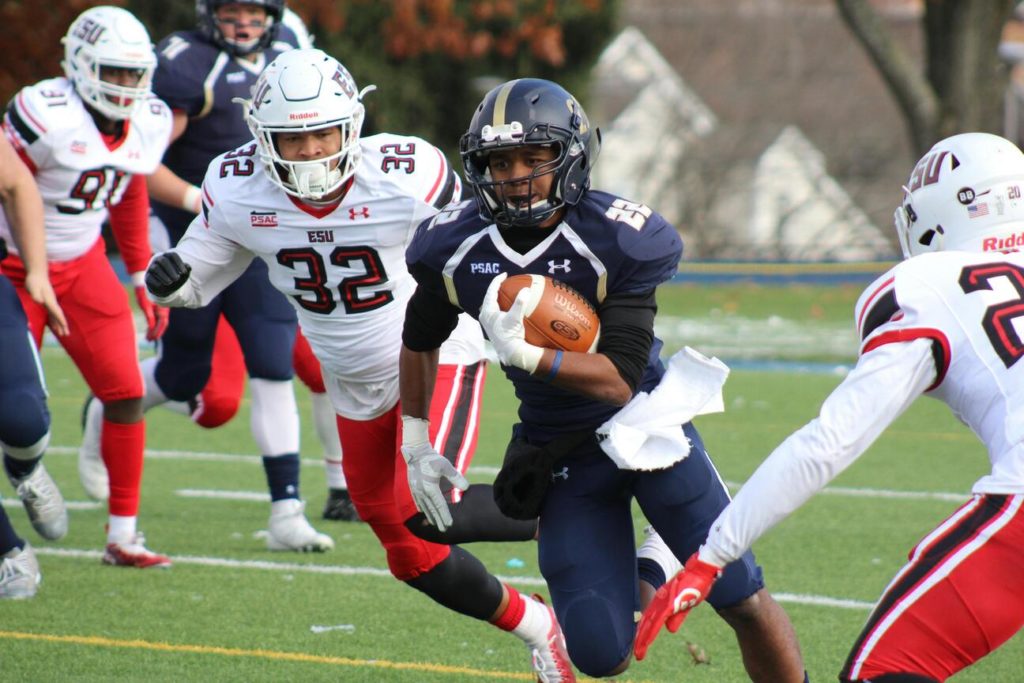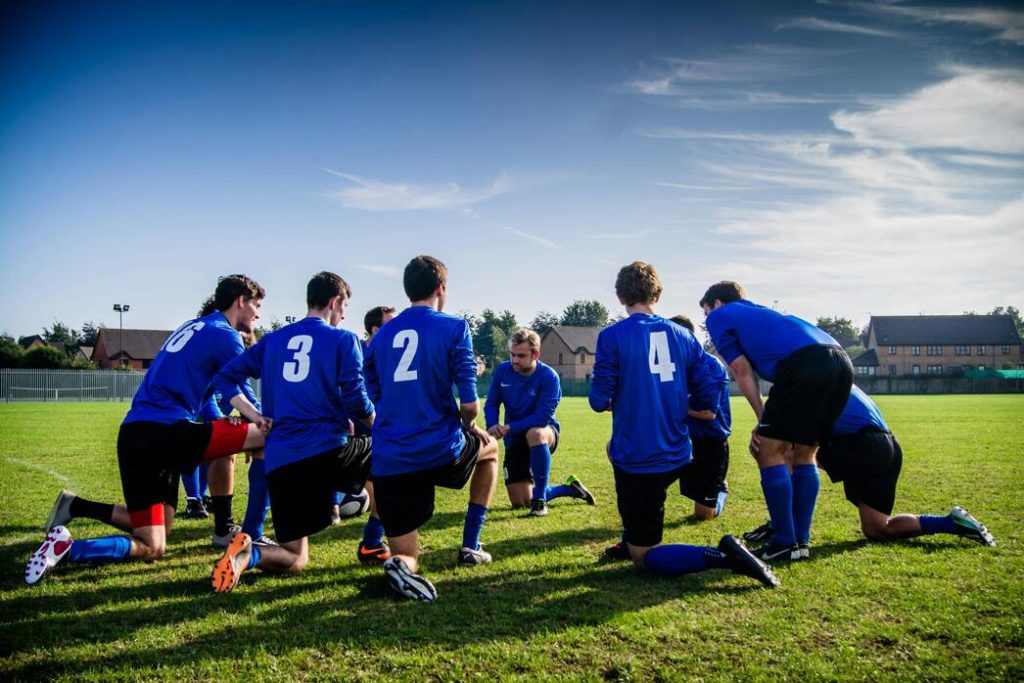In many English-speaking countries, sports are far more than just entertainment or a way to stay fit—they are deeply woven into the cultural fabric, shaping identities, traditions, and even national pride. From the cricket grounds of England and Australia to the stadiums hosting American football, rugby, and soccer (football), the influence of sports transcends the playing field. This article takes a closer look at the profound cultural impact of sports in various English-speaking regions and how fandom helps define national and social identities.
The Cultural Impact of Cricket in England, Australia, and the West Indies
Cricket, often referred to as a gentleman’s game, holds an iconic place in the cultural life of several English-speaking countries, especially England, Australia, and the West Indies.
- In England, cricket is more than just a sport; it’s an institution that reflects the country’s history, class structure, and sense of tradition. The game, which dates back to the 16th century, is seen as embodying quintessential British values such as fairness, sportsmanship, and patience. The Ashes series between England and Australia is one of the sport’s most celebrated rivalries, symbolizing national pride and competition on the world stage.
- In Australia, cricket holds a similarly prestigious place, representing the country’s sporting prowess and competitive spirit. The Australian summer is synonymous with cricket, and matches like the Boxing Day Test attract enormous crowds and viewership. Cricket’s popularity in Australia reflects the nation’s love for outdoor activities and its deep-seated rivalries, particularly with England and India.
- The West Indies, a collection of Caribbean nations, boasts a passionate cricket culture that unites the region under a shared identity. Cricket is seen as a symbol of post-colonial unity, and players like Sir Vivian Richards and Brian Lara have become cultural icons, inspiring generations of cricketers. The game is celebrated with vibrant festivals, music, and carnival-like atmospheres, especially when the West Indies team performs well on the global stage.
In all three regions, cricket extends beyond the boundaries of the pitch, becoming a reflection of national pride, history, and cultural expression.
American Football and Its Role in U.S. Culture
American football is more than just a sport in the United States; it is a cultural phenomenon that has come to define many aspects of American life, particularly in the fall and winter months.
- The National Football League (NFL), particularly the annual Super Bowl, has become a national institution, blending sport, entertainment, and commercialism. The Super Bowl is one of the most-watched events in the U.S., with halftime performances and advertisements becoming as much a part of the event as the game itself. It’s a time when friends and families gather to celebrate, often regardless of their team allegiance.
- College football is also an integral part of American culture, particularly in the South and Midwest, where games become community events. Rivalries between colleges like the University of Michigan and Ohio State University attract fervent support, and matchdays are marked by massive tailgate parties, marching bands, and community spirit.
Football’s cultural importance in the U.S. goes beyond just competition. It reflects American values such as teamwork, resilience, and a strong work ethic. For many, football is a unifying force that brings together communities, fosters regional rivalries, and provides a sense of belonging through fandom.
Rugby’s Importance in New Zealand and the Cultural Significance of the Haka
In New Zealand, rugby isn’t just a sport—it’s a cornerstone of national identity. The All Blacks, New Zealand’s national rugby team, have a legendary status, widely regarded as one of the most successful sports teams in the world. Rugby is deeply rooted in New Zealand’s culture, reflecting its values of strength, unity, and perseverance.
One of the most distinctive aspects of New Zealand rugby is the haka, a traditional Māori war dance performed by the All Blacks before each match. The haka holds deep cultural significance, symbolizing the Māori heritage and the connection between sport and spirituality. It is a powerful display of unity and strength, intimidating opponents while also honoring New Zealand’s Indigenous culture.
Rugby in New Zealand is not just about athletic prowess but also about forging a sense of national pride. The All Blacks’ success on the global stage brings the country together, transcending social and cultural divisions to create a unified sense of identity. Whether at home or abroad, New Zealanders rally behind the All Blacks as representatives of their nation’s spirit and values.
The Global Influence of Soccer (Football) in English-Speaking Countries
While soccer (known as football outside North America) originated in England, it has grown to become the world’s most popular sport, with a significant influence in many English-speaking countries.
- In England, soccer is arguably the most important sport, with a rich history and a fiercely competitive professional league, the English Premier League (EPL). Soccer fandom in England runs deep, with teams like Manchester United, Liverpool, and Arsenal commanding global followings. Rivalries between local clubs, such as the North London Derby between Arsenal and Tottenham Hotspur, often define regional identities and become part of the cultural landscape.
- In the United States, while soccer was historically overshadowed by American football, basketball, and baseball, it has gained significant traction, particularly with younger generations. Major League Soccer (MLS) continues to grow, and the U.S. Women’s National Team has been especially successful, winning multiple World Cups and becoming a symbol of American excellence in international competition.
- In Australia, soccer is popular but competes with cricket, rugby, and Australian rules football. However, international events like the FIFA World Cup bring the country together, and the growth of the A-League has helped develop a strong domestic soccer culture.
Across English-speaking countries, soccer serves as both a global unifier and a regional identifier, with fans forming strong connections to their teams and often defining their social interactions around their love for the sport.
How Sports Fandom Shapes Social Interactions and National Identity
Sports fandom is a powerful force that shapes how people connect with one another and their broader national identities. Supporting a team is not just about watching a game; it’s about community, belonging, and shared experiences.
- In England, soccer fandom fosters intense local pride. Fans identify with their teams on a deeply emotional level, with club loyalties often passed down through generations. Matchdays become social events where fans gather in pubs, stadiums, or homes to support their team, solidifying local bonds and shared identities.
- In the United States, sports fandom, particularly for football and baseball, plays a similar role in connecting people. Tailgating before games, wearing team colors, and engaging in fantasy leagues all contribute to a sense of belonging within a larger community. National holidays like Thanksgiving are intertwined with football games, linking sports to key moments of national unity and celebration.
- In New Zealand, the All Blacks are a symbol of national identity, representing both the country’s sporting excellence and its cultural heritage. Fans’ support for the All Blacks is a collective expression of pride in the nation’s achievements on the world stage, and watching the team perform the haka resonates deeply with New Zealanders’ sense of belonging.
In all these contexts, sports transcend the boundaries of the field or the court. They shape social interactions, influence traditions, and help define both regional and national identities.
Elsa Says:
Sports are much more than games—they are an integral part of the culture and identity of English-speaking countries. Whether it’s the strategic beauty of cricket, the intense competition of American football, the unity of rugby, or the global appeal of soccer, these sports bring people together, create shared experiences, and foster national pride. Fans across the world bond over their love of the game, turning sporting events into cultural phenomena that reflect and shape who they are as a people.




